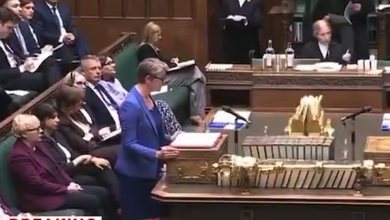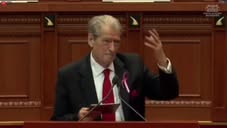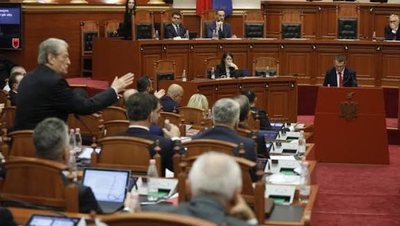
To raise taxes or not? Germany faces a heated debate over taxes on the wealthy, in an effort to cover a budget gap of over 30 billion euros.
For several weeks, a heated debate has been taking place in Germany about the possibility of raising taxes on the wealthiest sections of society. The goal: to close a budget gap that exceeds 30 billion euros.
Finance Minister Lars Klingbeil first floated the idea in an interview with ZDF in mid-August, but immediately encountered strong opposition from conservative coalition partners, particularly from the CDU/CSU.
In a recent appearance on the show "Bericht aus Berlin," Klingbeil explained and defended his position. He pointed out that the budget deficit projected for 2027 has deepened even further due to projects such as the "mother's pension" and compensation funds for municipalities as part of the "growth stimulus" initiative.
“I don’t think there’s ever been a federal government that’s faced with the need to fill a budget gap this big,” he said. “I think we need to keep all options open until we get to the point where we can say with confidence: The $30 billion is covered, and the gap is closed.”






















